What kind of fat will keep you fit and healthy
Should I avoid fatty food? What is the truth about fats? The bad reputation fats won undeservedly, because they should be a daily part of the diet. Fats- are components of hormones, cell membranes, and retinal nerve.
The brain consists of 60 percent of fat - think, what could happen to the brain when the fat runs out. Vitamins such as A, D, E, K, and choline are soluble in fats only. Choline deficiency worsens memory, makes us irritable, sad, and can cause trouble in sleeping. If we sleep less, then - according to recent research – we gain weight easier.
By the way, fat can better satisfies your appetite. It inhibits gastric secretory function so foods are digested slowly, and a feeling of hunger appears later. Avoiding fat can - paradoxically - sometimes lead to trouble with weight loss.

How to tell the difference between good and bad fats?
Some fats are good, some are bad. There are four types of fatty acids:
- polyunsaturated,
- monounsaturated,
- saturated and
- trans fatty acids.
The first two are beneficial to our health. You should avoid saturated fats, and you shouldn't eat trans fats at all.
Trans fats dramatically increase the levels of bad cholesterol, lower levels of good cholesterol, and contribute to the development of atherosclerosis, impair memory and damage of the brain nerve cells. Unfortunately, there is a plenty of food products containing trans fats. The reason is that trans fats are cheap and do not become rancid, so they perfectly prolong food product's life span. You will find trans fat in most bakery products, cookies, sweets, French fries and even breakfast cereals. They are popular in restaurants - trans fats can be almost endlessly heated and cooled with no loss of quality.
The healthiest are polyunsaturated fatty acids, which lower cholesterol levels, especially the harmful LDL fraction. Where to find unsaturated fats? First of all in cold-pressed vegetable oils, nuts and oily fish offshore, such as salmon, mackerel and herring. But when it comes to fish, you need to be careful - the healthiest acids, beneficial for the heart, Omega-3 fats in fish are extremely sensitive to temperature. They are destroyed at 70 degrees of Celsius. What does this mean? Well, the fish heated repeatedly can be quite worthless. You may want to start to eat sushi - in Japan and the farther north, where the diet is based on raw fish, both heart disease and depression are really rare.
More about eating right: The Glycemic Index tells the difference between Bad Sugar and a Good Sugar
Podobał Ci się ten artykuł?
Polub go.
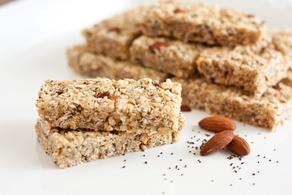 Yogurt and strawberries popsicles
Yogurt and strawberries popsicles
.jpg) Metabolic Rate and its secrets
Metabolic Rate and its secrets
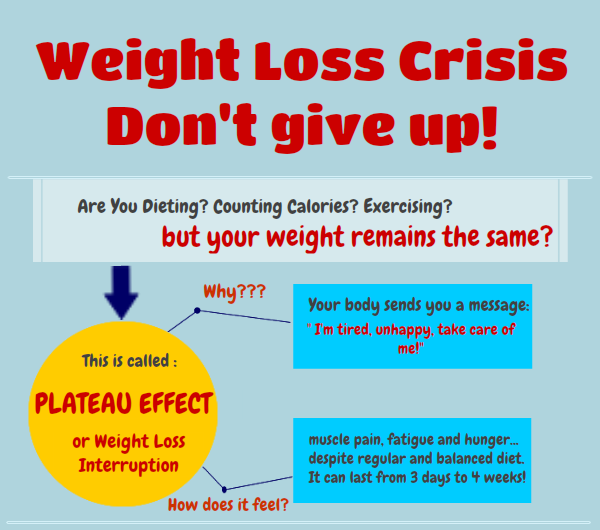 Dieting, exercising, but scale is not moving
Dieting, exercising, but scale is not moving
 Flat Belly little Helpers
Flat Belly little Helpers
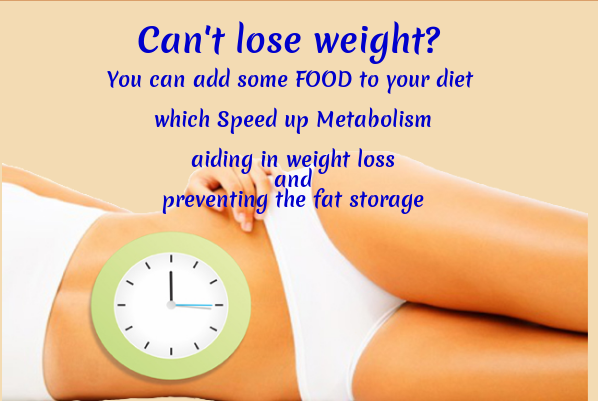 How to increase Your Metabolism - perfect food for Fat Loss
How to increase Your Metabolism - perfect food for Fat Loss
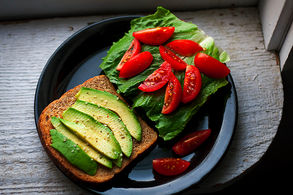 Avocado and Salmon sandwich
Avocado and Salmon sandwich
 The Glycemic Index tells the difference between Bad Sugar and a Good Sugar
The Glycemic Index tells the difference between Bad Sugar and a Good Sugar
 Can metabolism increase be your secret weapon?
Can metabolism increase be your secret weapon?
.jpg) Calorie Calculator
Calorie Calculator
 Roasted turkey breast with barley and salad
Roasted turkey breast with barley and salad
 What kind of fat will keep you fit and healthy
What kind of fat will keep you fit and healthy
 Healthy snacks. Does it always have to be carrot for dougnut?
Healthy snacks. Does it always have to be carrot for dougnut?
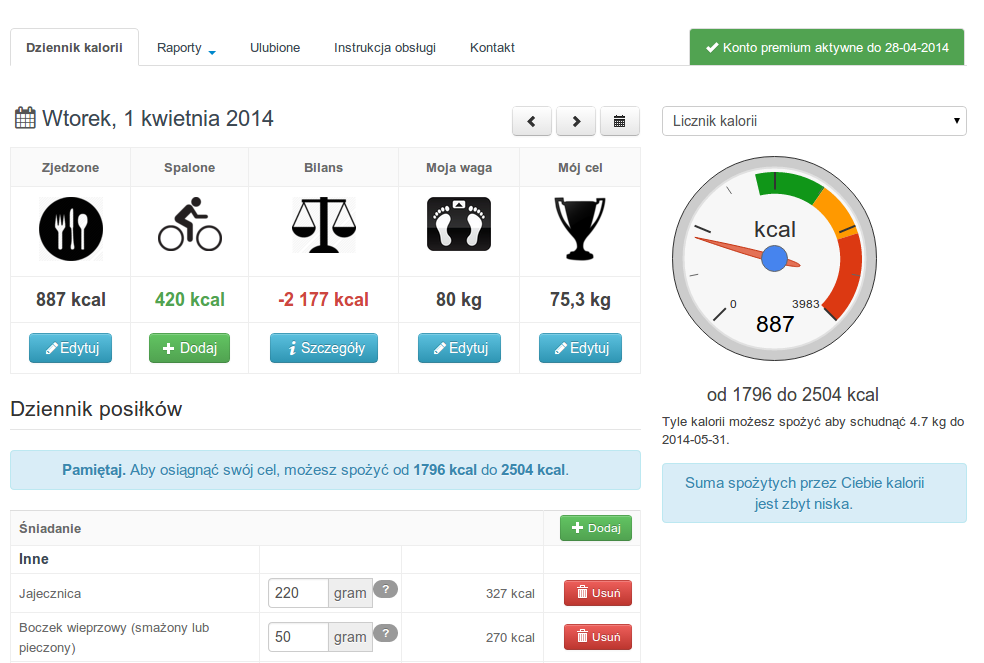

 Why fiber is so important in Your diet?
Why fiber is so important in Your diet? 